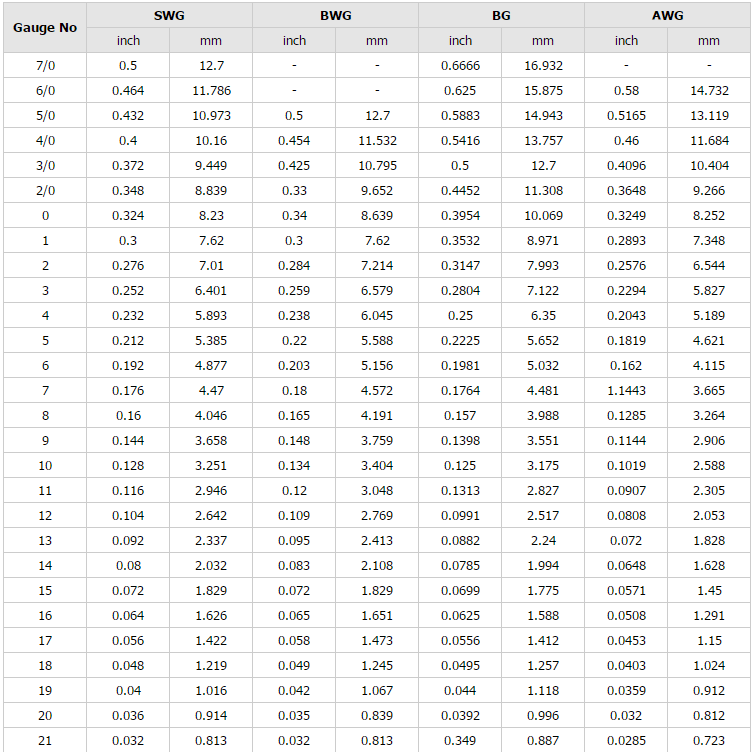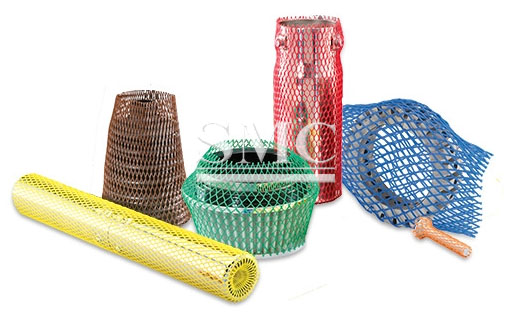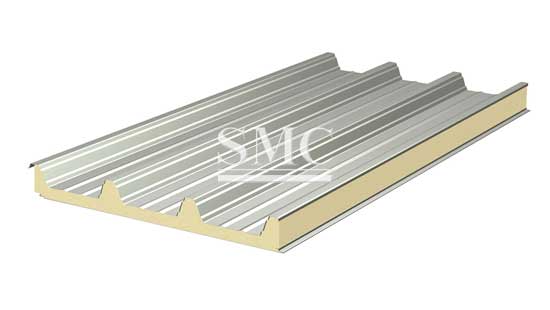
- Company overview The heart of SMC Vision & Philsophy Partnership Certifications Company culture
- Our service Design and Engineering Maintenance and Service Examine Production Line Upgrade and Transformation Storage and Logistics Processing, Trading and Distributor
- Management Our history Global responsibility Info Center
- Procurement center Internship
- Metal Steel Products Stainless Steel Products Aluminum Products Copper Products Galvanized Steel and PPGI Special Alloy Building Material
- Containers ISO Standard Container Equipment Container Storage Container Refrigerated/Reefer Container Offshore Container Container House Tank Container Container Fittings Container Trailer
- Gas Cylinder & Fire Extinguisher Cryogenic Liquid Cylinder Oxygen Gas Cylinder Storage Tank CNG Gas Cylinder LPG Gas Cylinder Hydrogen Gas Cylinder Nitrogen Gas Cylinder Industry Gas Cylinder Fire Extinguisher
- Metal Machinery Forming Machine Cutting Machine Processing Machine Bending Machine Block Machine Other Machinery Motor Spare Parts
- Mechanical Products Miscellany Mooring Equipment Marine Equipment Vehicle Industry Pressure Vessel Conveyor Belt Laser Equipment Bearing
- Electrical System Power Distribution Automation Electrical Cable Solar Power System Electric Protection System Transformer Production Line Lighting System
- Project Plastic Pipes and Pipe Fittings Fiberglass Reinforced Plastic Pontoon System
Insulated Galvanized Steel For Protective Net
Thickness: 0.6mm - 1.6mm
Width: 600mm - 1500mm
Zinc coating weight: g60, g90
Specifications of Insulated Galvanized Steel:
1) Grade: SGCC, DX51D, Q195, all according to the customer's request
2) Standard: JIS G3302 1998, ASTM A653M/A924M 2004, etc.
3) Thickness: 0.6mm - 1.6mm, all available
4) Width: 600mm - 1500mm, all available
5) Gauge Size: 18, 20, 22, 24, 26
6) Zinc coating weight: g60, g90
Different Types of Galvanized Steel Sheet:
We are able to make galvanized sheet to further processing, such as embossed sheet metal, checker steel sheet, perforated steel metal, corrugated roof sheet, and prepainted galvanized steel sheet. We provide various patterns for those different types. Please check the metal sheet types's table below. All of our metal sheet types are custom-manufactured.
SMC Standard Sheet Metal Gauge:


PROTECTIVE NET
Flexible polyethylene netting slides easily over odd size objects.
Recommended for machine parts.
Protects against surface nicks and abrasions.
Close mesh style.
Heavy Duty – 2 times thicker than standard netting. Recommended for auto crankshafts and heavier parts.

Packaging of Insulated Galvanized Steel
Shanghai Metal Products are packed and labeled according to the regulations and customer's requests. Great care is taken to avoid any damage which might be caused during storage or transportation. In addition, clear labels are tagged on the outside of the packages for easy identification of the product I. D. and quality information.
1) Shanghai Metal Standard
2) Customization
Applications of Insulated Galvanized Steel:
Due to its superior quality and longevity, Insulated Galvanized Steel be used in the following building and architectural applications.
1) Roofs
2) Roll formed panels (industrial of commercial buildings)
3) Cladding on standard building materials
What is Galvanized Steel?
There are two typical galvanizing ways to obtain a zinc coating: hot dip galvanizing and electrogalvanizing. Hot dip galvanizing is the process that steel is immersed into molten zinc bath to get a zinc coating surface. This not only helps protect steel from rust and corrosion, but also gives the steel a shiny attractive appearance. Electrogalvanizing is the process that uses electrolysis to coat the steel with zinc, which is neither cost-effective nor environmentally friendly. It is hardly to find electrogalvanized steel in our lives nowadays.
What are the advantages of Galvanized Steel?
Because of permanently and successive zinc/iron alloy layers, galvanized steel offers many benefits:
1) Corrosion Resistance: the zinc coating surface protects the base steel not only by providing barrier to corrosion elements, but also by the sacrificial nature of the coating. Galvanized steel often remains in working order with little maintenance for 40 years or more.
2) Excellent Surface Appearance
3) Formability: it can be simply bend to parts with deep drawing requirements
4) Paintability: it can be painted with different colors
5) Weldability: it is accepted various welding practices
What are the disadvantages of Galvanized Steel?
In spite of many benefits, galvanized steel is not always an ideal choice. Galvanized steel cannot be used underground without being properly covered, which can be inconvenient for many jobs.
Where do we use Galvanized Steel?
It is primarily used in the construction industry, such as roofing, wall cladding, and support beams. It is also used in the automotive industry, due to its enhanced paintability, weldability and corrosion resistance. Moreover, it is an essential material for white goods application, such as refrigerators, air-conditioners, washers, microwaves, vending machines and audio visual systems.
here
for
price





